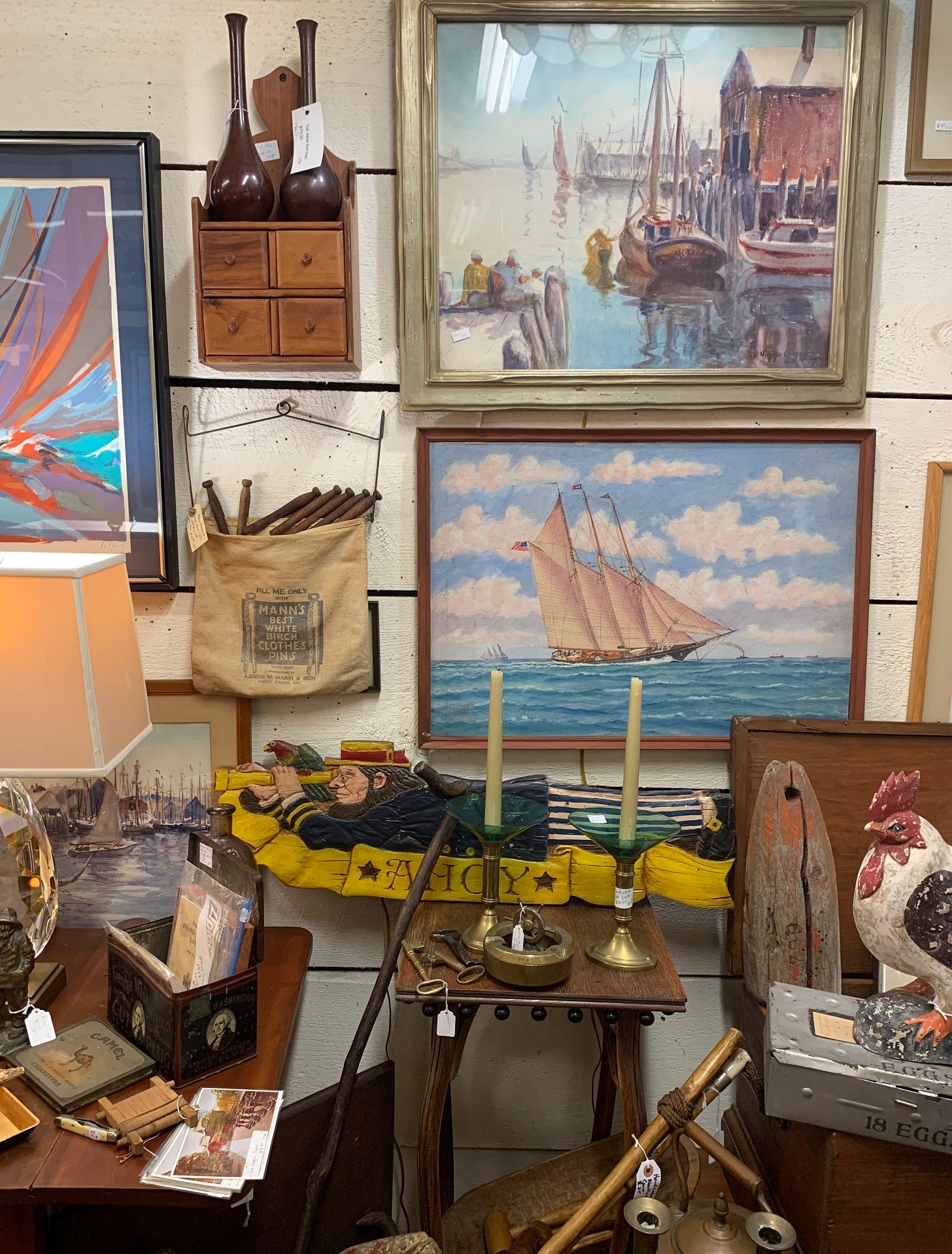I have a few spots open for one-on-one sessions this month, and a few spots left in the June 7 class, Tarot for Change: An Intro to Tarot for Spiritual Practice. For more about what sessions entail, click here & to register click here. For more about the class & to sign up, click here.
“…The willful subject is often depicted as a wanderer. When you stray from the official paths, you create desire lines, faint marks on the earth, as traces of where you or others have been…those who wander away from the paths they are supposed to follow leave their footprints behind.” —Sara Ahmed, Willful Subjects
This week I moved into a new place by the beach where I’ll stay for a while. I’ve moved around lots this past year and it’s been tough preserving the rhythms that maintain my practice, but I’m eager to be settling in some.
I’ve been wandering, not reading as much as I like to, just bits and bobs here and there. As a reflection of the wandering state of my focus these days, I’m offering a list of things I read this week that intrigued me.
I hope you find them interesting, too, and that you’ll check out the books/transcripts/poems, if so. Once again there’s no audio this week as I’m still in the midst of unpacking.
I know it seems inconsequential and perhaps a bit silly, but hitting the like button is a great way to support these Offerings! Thank you <3
I.
I’ve shared here and elsewhere about my new obsession with field recording (check out my recent reeds in the breeze!) and have been trying to put to words why I love it so much. As part of that effort, I’m revisiting Andy Fisher’s Radical Ecopsychology, and it’s been a few years so I forgot that he takes loss as the project’s point of departure.
Fisher describes pervasive human alienation from the natural world, as well as the sense of loss that may haunt experiences of reconnection. On overcoming estrangement, Fisher cites philosopher Hans-Georg Gadamer, who suggests the need for a “dialogical encounter” with what is simultaneously alien to and making claims upon us at all times; the seagull call, the scent of jasmine, breeze through the reeds.
I know many people who’ve gathered great language to describe more-than-human worlds, but far more who haven’t including myself. This lack of language presents a fundamental difficulty in accessing Gadamer’s promising “dialogical encounter” with egrets or warblers or fireflies. Meaning-making hinges at least to some extent on a baseline of language to give words to what we experience. But so many of us have so little to work with when it comes to these worlds.
“We have little positive to go on, have few words, because our experience is of absence, of lack, of relationships that aren’t. We are grasping at a painful hole, at nonbeing…an inchoate longing…That we have no existing framework or mythology for making sense of these experiences is in itself a sign of the magnitude of our loss.” —Andy Fisher, Radical Ecopsychology
In my experience, this gap is on one hand one of the simplest to bridge and on the other, one of the hardest. Bird watching, plant walking, animal tracking in winter are free things that technically many could do, given access to trees and “green” spaces. Obviously, tragically, such access is not a given.
I’ve had pretty easy access to these things all my life, but there’s been a tough-to-explain psychological barrier; a hard time getting in. There’s the sense of insurmountable alienation for starters, then the shame of not knowing and the overwhelm. Making recordings, which involves the “surrender of common sense,” as one orients toward the sounds of frog or redwing or icicle, has been an opening.
II.
I’m still reading Intervals by Marianne Brooker, which may be for you if you’re into feminist philosophy, disability studies, and/or first-hand accounts of care and grief work. It is Brooker’s description of being close with her mother who, after years of debilitating pain for which she was unable to get adequate care or relief, made the decision to die by stopping eating and drinking.
I’d been thinking about will and willpower already, because we’re looking at The Chariot in this week’s Sunday Meeting. So I was especially interested in Brooker’s discussion of wills, living wills, or as they’re often called, advance directives. Brooker writes, “will is a visceral strength of feeling, a tending this way or that irrespective of advice or persuasion.”
As it turns out will is complex, its complicatedness often exposed in care and end-of-life settings. Will implies a degree of clarity about what it is that one wants, which we don’t always know. Thinking in the context of consent, Brooker cites writer Katherine Angel’s argument for a sexual ethics that begins from “this risky, complex premise: that we shouldn’t have to know ourselves in order to be safe from violence.”




